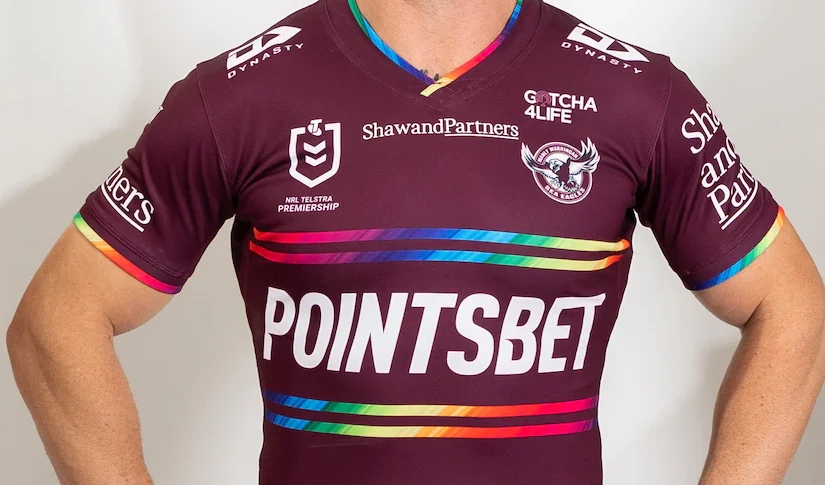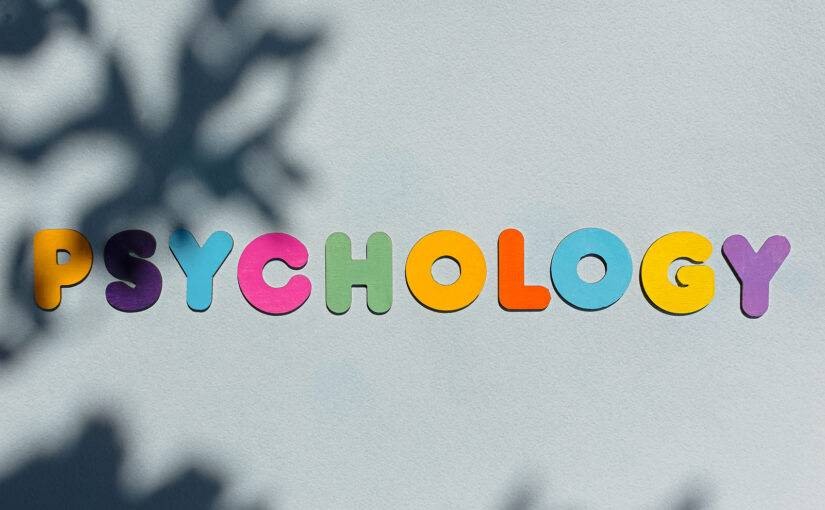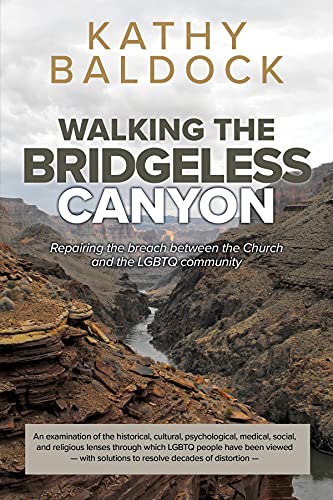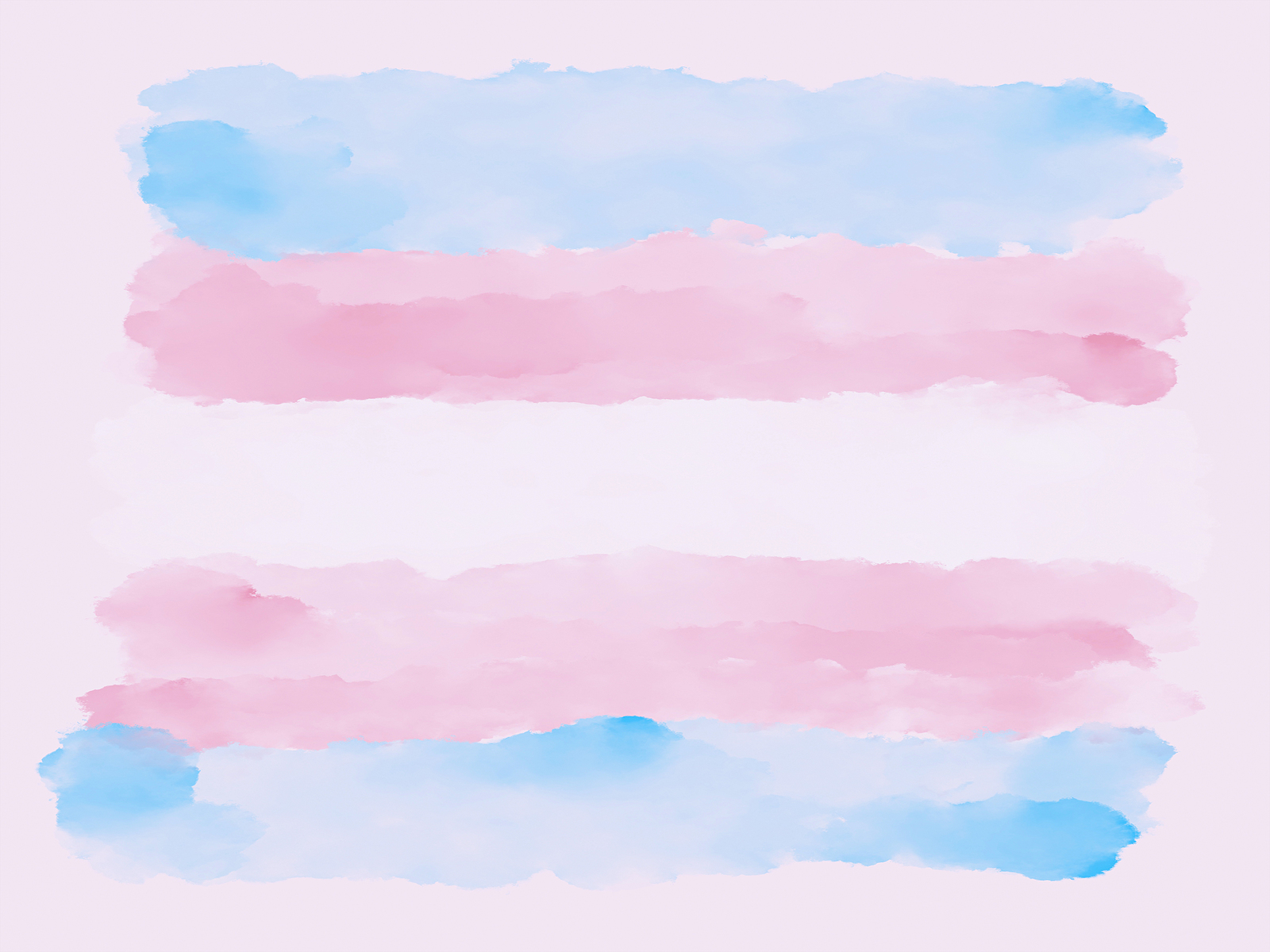This morning I was feeling enraged by yet another sport, religion and LGBTIQ+ collision, when I was reminded of my first overseas trip to the Pacific region, to Fiji, when I was 19, in the summer of 1982.
We were waiting on the beach late afternoon for a hotel guest v hotel staff volleyball match starting at 4 pm. By 4.15, I was agitated because the staff weren’t there.
They arrived soon after; sensing my frustration, they calmly spoke to me and reminded me that I was on holiday and that perhaps I should learn the importance of Fiji time.
With their wisdom, I have decided to take a different approach to respond to the unfortunate situation created by the Manly SeaEagle Rugby League Club with Jersey for Thursday night’s match and the expected article yesterday in the SMH, “Churches back boycott players amid frustration, anger among pride community.”
From the very start, it has to be said, given the history of the recent debate over the former Prime Minister’s proposed “religious discrimination laws”, the Folau issue, the marriage equality debate, and even going back to the safe school’s program, someone at Manly was not thinking. All of these and many other events have cause the LGBTIQ+ community and myself ongoing pain. (see an earlier post on the issue or repetitive trauma – link below)
Whilst most Australians are supportive of LGBTIQ+ people, there are still a significant number of people, often with a religious perspective, that are against LGBTIQ+ Australians. That is the trap that Paul Gallen fell into with his comment “I don’t know why they had to go the extra step and wear the rainbow jersey or the pride jersey. I mean, it’s 2022”.
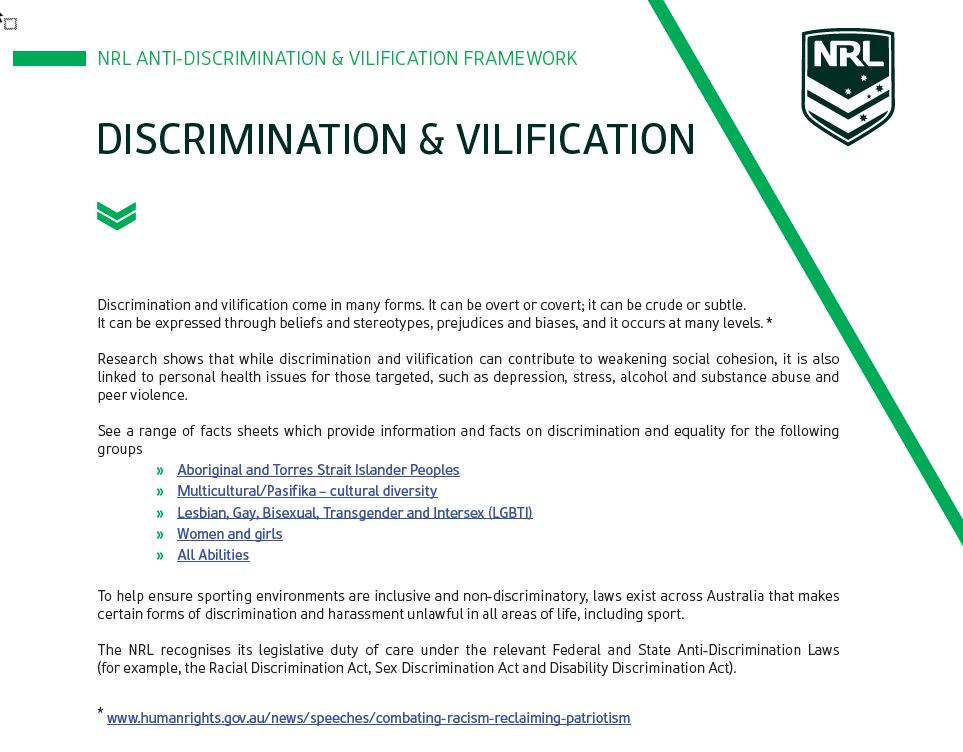
In addition, we see a dramatic increase in anti-transgender and anti-gay rhetoric and legislation in the USA and the UK, which is hugely concerning. In the USA, this is predominately driven by the conservative evangelical Christian right movement. We only have to reflect on former PM Morrison’s captain’s pick as the candidate for the seat of Warringah!
What might be a pathway forward? This could be just the Manly SeaEagle or the broader NRL. The NRL may wish to embrace club-by-club equality round as the AFL does with the annual Sydney Swan and St Kilda Pride Match or an even bolder move of an entire Pride Round, which the AFL is yet unwilling to even consider.
Manly’s critical failure was consultation with players. Unfortunately, the consultation around this issue is not simply to show the jersey, a brief chat, and an inspirational keynote speaker, which in this case didn’t even happen.
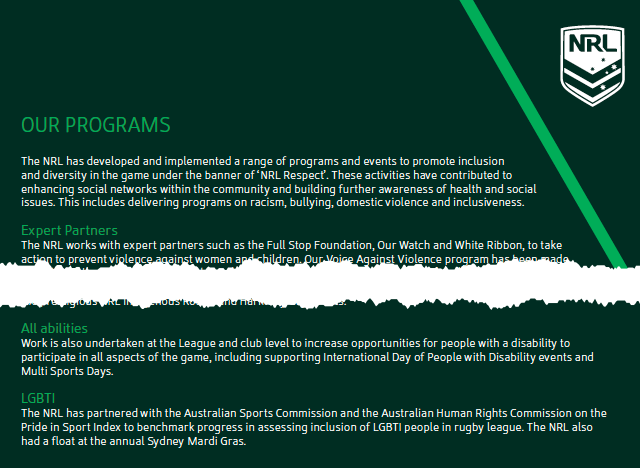
For the Polynesian players, this is profoundly spiritual and cultural. For LGBTIQ+ people, it is also deeply spiritual and cultural. These discussions are complex and painful. There will be tears and hurt. But, there has to be listening, openness and hope.
For me, one of my joys as a gay Christian has been to attend services and Bible studies led by Polynesian Ministers, where we have been on the mat and listened.
I would propose that we take time with LGBTIQ+ sports people, LGBTIQ+ Christians, and LGBTIQ+ allied Theologians who understand the culture and context of the Pasifika and the NRL players. It might be a year or more, on the mat, over meals, sharing songs (please forgive me now, I am not a good singer), but sharing together.
I would love to invest my time hearing the Manly players’ and other NRL players’ stories, culture, religious understanding, and history.
I would love to share some of my culture, history, extracts of my upcoming memoir “A Journey Towards Acceptance”, and my religious understanding.
At the end of the day, all the great religions call for love, and it is in this context I would love to provide an environment where we could, in private, be together on a mat and in a spirit of hope, have an open a dialogue. Maybe then there can be a pathway forward for everyone.
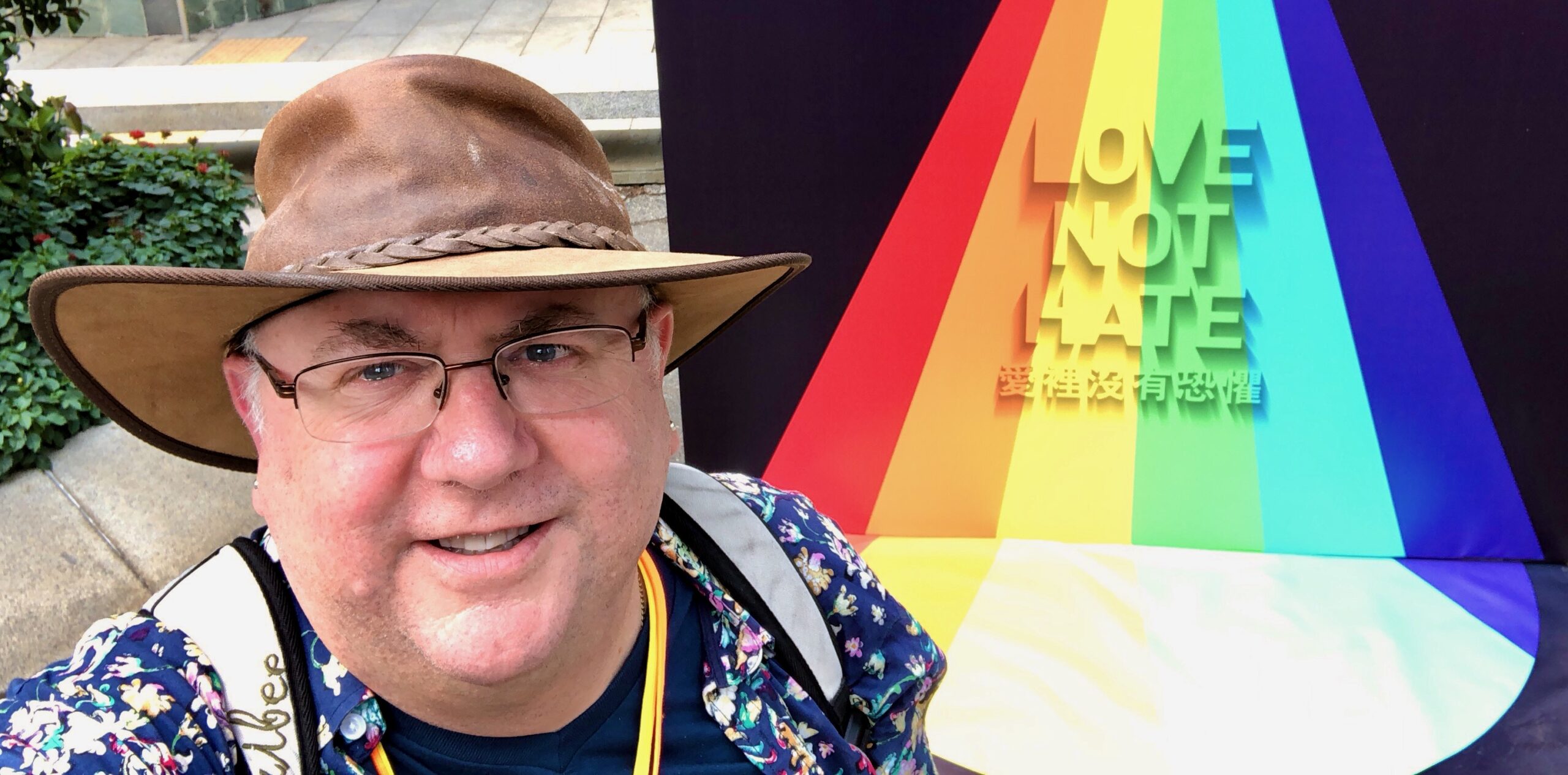
27 July 2022
+++
If any matters in this blog cause you any concerns I would encourage you to contact in Australia any of the following:
- QLife 1800 184 527 https://qlife.org.au/contact-us 3pm to midnight 7 days a week.
- LifeLine 131114 https://www.lifeline.org.au/ 24 hours 7 days a week
- BeyondBlue 1300 22 4636 https://www.beyondblue.org.au/get-support/get-immediate-support 24 hours 7 days a week
Please contact your country’s emergency mental health support telephone line if you are from outside Australia.

